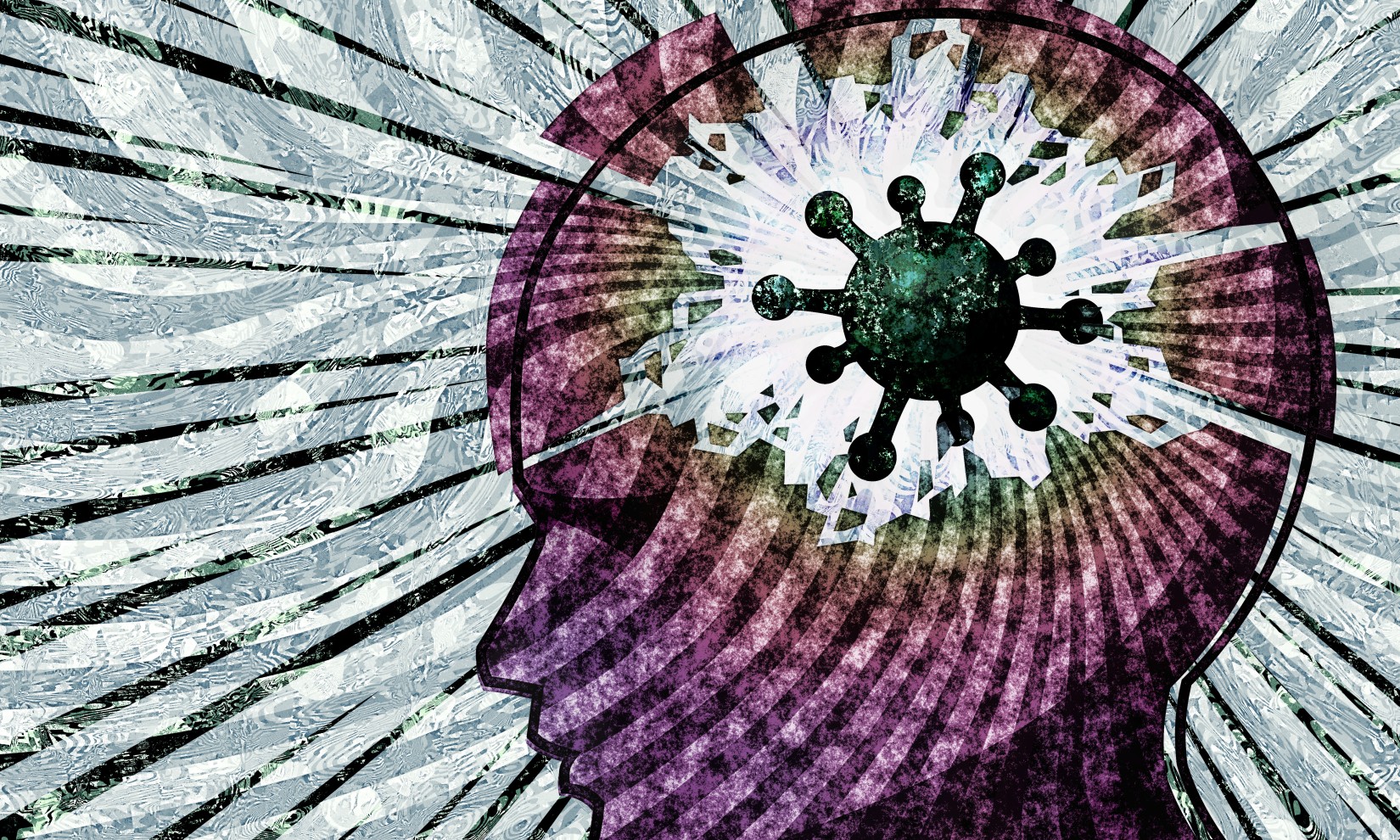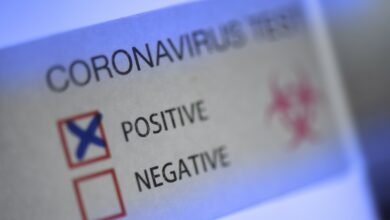Severe stress can make long COVID a lot worse

If a highly stressful event takes place in your life you are more likely to suffer from long COVID than others who contract the disease.
Not only that, but you are more likely to be hospitalized as a result of the stress and the disease combined. In addition, you are more likely to suffer the symptoms of long COVID as long as a year later.
Read More »These findings are revealed in a just-released study by a research team from New York University’s Grossman School of Medicine. The team found that those adults who suffered from significant causes of strain and tension in their lives were more than twice as likely to battle with brain fog, depression, sleep problems, fatigue, or other symptoms related to long-term COVID-19.
Other causes of long COVID are those that are traditionally accepted, the study found. These causes of stress include having an already existing disability, being older, and suffering initially from a more severe case of COVID-19.
Should be included in treatment
Treatment for long COVID therefore should include therapy that reduces the trauma that can be caused by events that cause the most stress, says Dr. Jennifer A. Frontera, the lead author of the study, who is a professor in the New York University Langone Health Department of Neurology.
The study is the first to look into how stressful situations in a person’s life can predict long-term functional and brain-related disabilities that affect the quality of life people experience in a large population, Frontera adds.
The research team measured the levels of fatigue, ability to think clearly, management of daily activities, depression, anxiety, and sleep quality using telephone interviews conducted with 790 patients at the Langone Health Department. The initial findings were followed after six months and a year after a person had been hospitalized with COVID-19.
Of those patients who were followed up, 17% died from the time of their discharge from hospital and the follow up a year later and half of the patients reported that they had significant stress in their life a year later.
Stress caused worse outcomes
When the researchers analyzed the findings they found that the factors that contributed to the worst forms of long COVID were stressful situations experienced by the patients. Among them were a lack of nutritional food, serious financial problems, and the development of a disability after contracting COVID.
The same stressful situations also were found to have caused fatigue, lack of sleep, depression, and lessening of a person’s ability to perform regular daily activities such as getting dressed, bathing and eating.
Women appear to suffer more from autoimmune disease that might have an effect on the outcomes, the researchers add. In addition, mood afflictions that were previously not diagnosed might have been uncovered by stress that was related to the pandemic.
The research team says it is difficult to judge what treatments should be applied because no definition of long COVID in biological terms exists. A wide variety of symptoms are lumped into an overall diagnosis. Such a diagnosis, however, is vague.
Second study
To help in gaining more clarity on these issues, the researchers conducted a second study. In it, they put together information on the symptoms shown by the patients, the treatment that was given to those suffering from long COVID, and the outcomes a year after hospitalization.
They found that those patients who suffered from problems when they contracted long COVID could be divided into three groups on the basis of their symptoms.
The disease groups that were newly identified were:
• Cluster One: Those who had lesser symptoms, such as headaches, and who received little in the way of remedial treatment.
• Cluster Two: Those who suffered from a variety of symptoms that included depression and anxiety. They received a number of treatments that included counseling and antidepressant medication.
• Cluster Three: These people suffered from symptoms that related to their lungs, such as shortness of breath. A number of these patients also complained of symptoms relating to their brain functions as well as headaches. Their treatment was mostly in the form of physical therapy.
Most affected
Those patients who fell under Cluster Two were most severely affected by long COVID. They suffered from worse levels of anxiety, a higher degree of disability, as well as higher levels of sleep disorders, depression, and fatigue.
All of those patients who were provided with treatment that included occupational therapy or counseling reported that their symptoms had improved. Of those who received mainly occupational or physical therapies 97% reported that their condition had improved. For those who received only a few forms of treatment, 83% reported that their conditions had improved.
The first study appears in the Journal of the Neurological Sciences. The second study appears in PLOS One.





